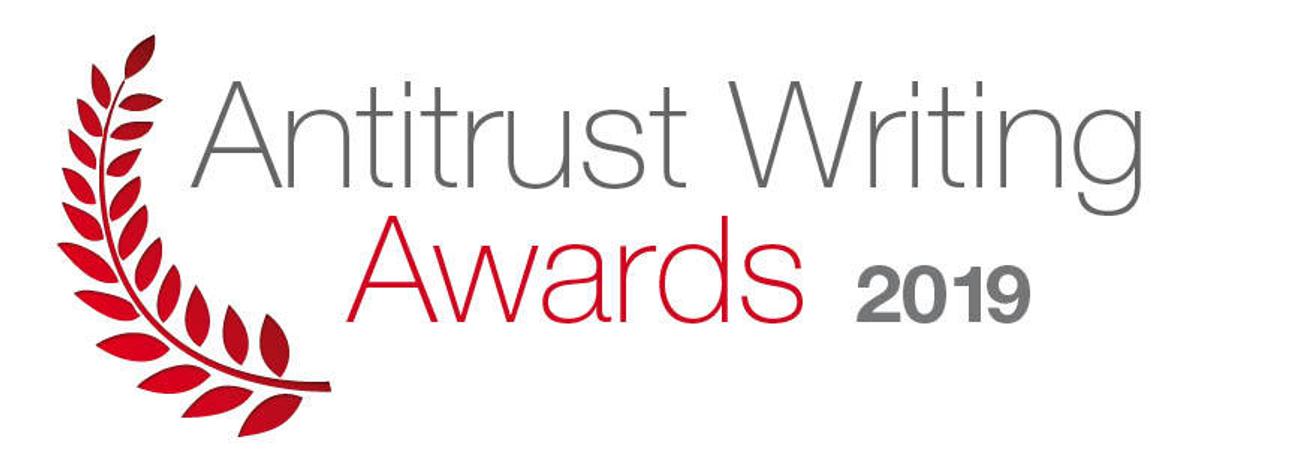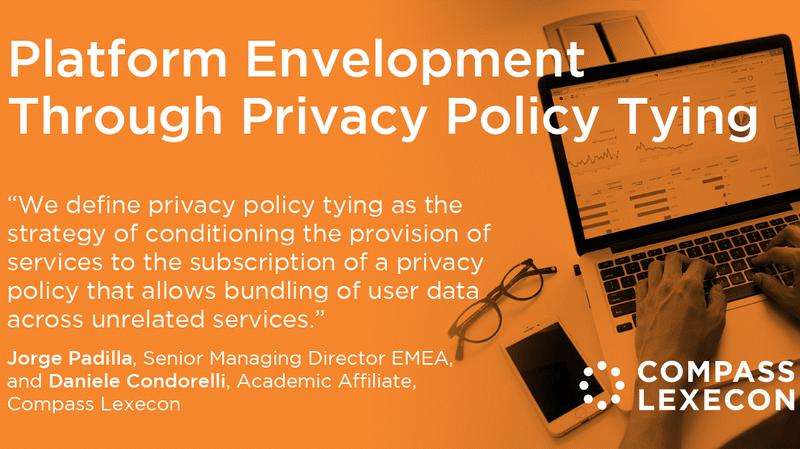Antitrust Writing Awards Recognize Academic Articles by Compass Lexecon Experts

Share
Two academic articles co-authored by Compass Lexecon experts were judged best academic articles in the categories of Intellectual Property and Economics at the Antitrust Writing Awards 2019. The Awards recognize the best articles published in peer-reviewed journals in 2018. Around 100 articles were selected by the Editorial Committee, of which nine were co-authored by Compass Lexecon experts. The Academic Steering Committee, Board and readers then voted for their preferred article in each category.
Jorge Padilla, Senior Managing Director and Head of Compass Lexecon EMEA, co-authored an article on ‘Antitrust Analysis Involving Intellectual Property and Standards: Implications from Economics’ with Douglas H. Ginsburg, U.S. Court of Appeals for the District of Columbia Circuit and Koren Wong-Ervin, Qualcomm.
Dennis W. Carlton, Senior Managing Director at Compass Lexecon and David McDaniel Keller Professor of Economics at the Booth School of Business, University of Chicago co-authored an article on ‘Vertical Most-Favored-Nation Restraints and Credit Card No-Surcharge Rules’ with Ralph A. Winter, CRA International.
Antitrust Analysis Involving Intellectual Property and Standards: Implications from Economics
Authors: Jorge Padilla (Compass Lexecon), Douglas H. Ginsburg (U.S. Court of Appeals for the District of Columbia Circuit) and Koren Wong-Ervin (Qualcomm)
In recent years there has been scrutiny of licensing standard-essential patents (“SEP”) under FRAND terms. The OECD is expected to hold a discussion on the antitrust analysis of intellectual property rights and SEPs in 2019, in an effort to understand the proper antitrust analysis of these topics. This article explains the economics of innovation and IP protection, licensing, and compulsory licensing, with specific applications to standards development and SEPs. The authors propose first-best approaches based on the implications of the economics that courts and antitrust agencies can apply at each stage of an antitrust inquiry. They then survey major jurisdictions to understand how closely they follow these economic principles. Download the full article.
Vertical Most-Favored-Nation (vMFN) Restraints and Credit Card No-Surcharge Rules
Authors: Dennis W. Carlton (Compass Lexecon and Booth School of Business) and Ralph A. Winter (CRA International)
A vertical most-favored-nation (vMFN) restraint prohibits a retailer from charging more for one supplier’s product than for rivals’ products. For credit card services, this restraint takes the form of a no-surcharge rule: the credit card company prohibits the retailer from surcharging transactions using the company’s card. This article develops a theory of vMFN restraints and applies it to credit cards. The vMFN clause harms competition among upstream suppliers, which raises the price to a level even greater than the monopoly price. The vMFN clause can also be used to extract surplus from customers of products supplied competitively. Applying the theory to credit card antitrust cases, we find that the two-sided nature of the market does not mandate a new set of competition policy principles, contrary to the decision in Ohio v. American Express. Indeed, the economic literature on credit card networks as two-sided platforms rediscovers established principles of price theory. Download the full article.
The winners were announced at the Antitrust Writing Awards 2019 in Washington D.C. on 26 March. You can find out more about the awards on the dedicated website.


